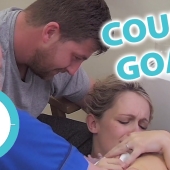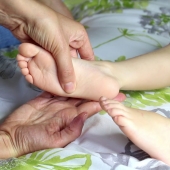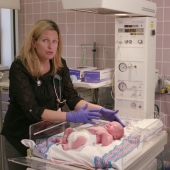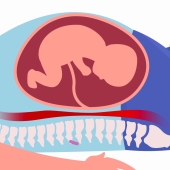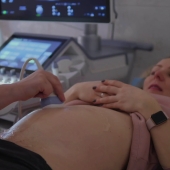More than half of pregnant women have trouble with acne during pregnancy. You are at higher risk of acne during pregnancy if you’ve had acne in the past. In some cases, the acne may be severe.
Similar to an adolescent going through puberty, there are higher levels of hormones in the body when you are pregnant. These hormones cause an increase of oil production in the skin and can lead to break outs.
Typically, the surge of hormones occurs during the first trimester, so if you don’t develop acne in those first three months, it’s unlikely you’ll have breakout problems during the second and third trimesters. Fortunately, the acne subsides once hormone levels return to normal.
Beyond self-care, you might consider medication as a treatment for pregnancy acne. However, any medication that's applied to your skin or swallowed can enter your bloodstream and affect your baby. As a result, it's important to exercise caution during pregnancy — even with over-the-counter products.
Options for treating pregnancy acne with medication include erythromycin (Erygel), clindamycin (Cleocin T, Clindagel, others) and azelaic acid (Azelex, Finacea). These medications are typically applied to the skin and are available by prescription.
However, opinions about using benzoyl peroxide to treat pregnancy acne are mixed. There's little research on the safety of benzoyl peroxide during pregnancy, although problems haven't been reported.
Women often complain of acne during pregnancy. Dr.Jaishree Sharad give some suggestion or tips to solve Acne problem during pregnancy.
- 149 views

